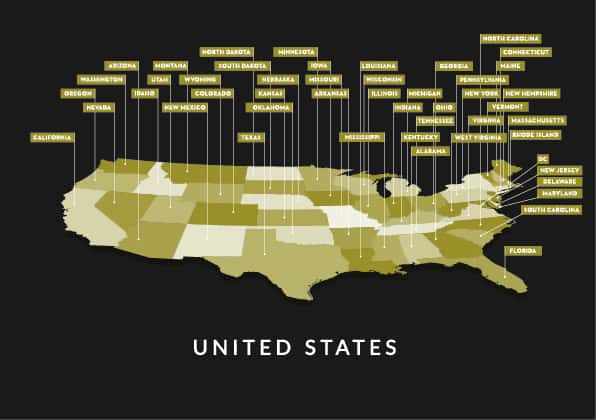PRESS RELEASE: It’s Now Up to States to Protect Girls from FGM
EndFGMToday: Judge Rules That Federal Female Genital Mutilation Law Is Unconstitutional and Dismisses Charges Against FGM Doctor; Now Even More Girls Will Be at Risk, Says Attorney Elizabeth Yore

***NEWS RELEASE***
For Immediate Release
November 27, 2018
CONTACT:
Deborah Hamilton, Hamilton Strategies, [email protected], 610.584.1096, ext. 102, or Patrick Benner, ext. 104
It’s Now Up to States to Protect Girls from FGM
EndFGMToday: Judge Rules That Federal Female Genital Mutilation Law Is Unconstitutional and Dismisses Charges Against FGM Doctor; Now Even More Girls Will Be at Risk, Says Attorney Elizabeth Yore
WASHINGTON, D.C.—District Judge Bernard Freidman last week declared the federal female genital mutilation law unconstitutional and, in the process, dismissed key charges against two Michigan doctors and six others accused of subjecting at least nine minor girls to the cutting procedure in the nation’s first FGM case, reported the Detroit Free Press.
The national EndFGMToday campaign says the judge’s ruling is not only dangerous and disgraceful but will also put more girls at risk for this horrific practice that has been imported to America’s shores.
Before the judge’s ruling, FGM had been a federal crime in the U.S. since 1996. To help in state prosecutions, 27 states have also committed to protecting girls by enacting their own laws against the terrible procedure that leaves physical and emotional scars for a lifetime. Now, the laws in those states will help protect girls since the federal protections are moot.
Today, girls in 23 states across the country remain at risk, said Elizabeth Yore, head of EndFGMToday, attorney and international child advocate.
“FGM is a growing criminal activity in the United States and, as the federal government works to stop it, the 23 states that have yet to enact their own anti-FGM laws need to do so quickly—hopefully in 2019,” Yore said. “States from Arizona to Wisconsin already have laws on their books that criminalize this barbaric procedure, and several more are working on legislative measures. But every state in the union should stand with more than a half million girls and women across America who the Centers for Disease Control estimates have either already been subjected to genital mutilation or may be in the future. If every state joins the fight against FGM, its perpetrators will no longer be able to operate in the shadows but, rather, be brought into the light and stopped once and for all.”
In his decision, Friedman noted that “Congress overstepped its bounds by legislating to prohibit FGM” and that states should regulate this “local criminal activity.”
“This is all the more reason for the 23 states that have not yet anti-FGM laws to do so as soon as possible,” Yore said. “The judge’s ruling marks a serious setback for the rights and protection of our most innocent and vulnerable victims. Even worse, his ruling certainly will embolden others to engage in this horrific form of abuse of women and girls in America. That’s because, in the absence of a federal FGM ban, the astounding lack of state-level FGM prohibitions in Maine, Pennsylvania, Alabama, Washington, Iowa, Indiana, Ohio, Arkansas, North and South Carolina, Utah and 12 other states means that girls often as young as 7 years old can be maimed for life—without fear of criminal penalty for the perpetrators. It is naïve and reprehensible to expect that it won’t happen.”
Yore added that a federal law criminalizing FGM can be reality again, but the original measure contained a technical drafting flaw that can be remedied by today’s lawmakers. Those states that do have anti-FGM laws can also take action to strengthen them.
Yore also noted that female genital mutilation is recognized by both the World Health Organization and the United Nations as a human rights violation perpetrated upon little girls and women. Over 200 million women worldwide have been subjected to this cruel and barbaric practice.
At least 59 countries around the world outlaw FGM, and many have tougher penalties than the U.S. View the states with FGM laws at www.EndFGMToday.com and learn more about FGM at www.EndFGMToday.com or on social media at #EndFGMToday.
###
To interview Elizabeth Yore of EndFGMToday, contact Deborah Hamilton, [email protected], 610.584.1096, ext. 102, or Patrick Benner, ext. 104.
- LIVE NOW – Weaponization of US Government Symposium - April 9, 2024
- CSP author of “Big Intel” is American Thought Leaders guest on Epoch TV - February 23, 2024
- Four weeks after release, Big Intel remains a #1 Amazon bestseller - February 13, 2024
